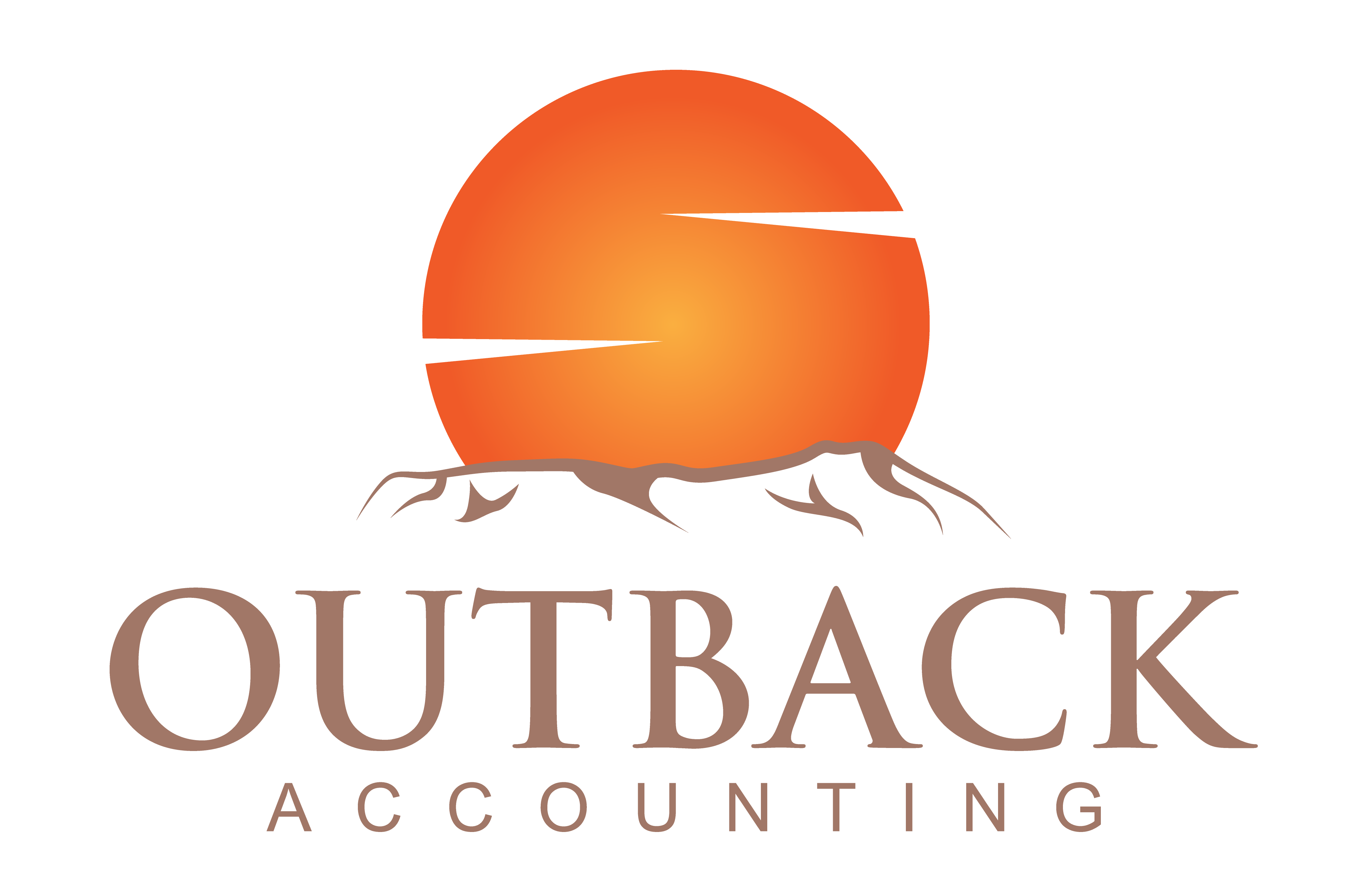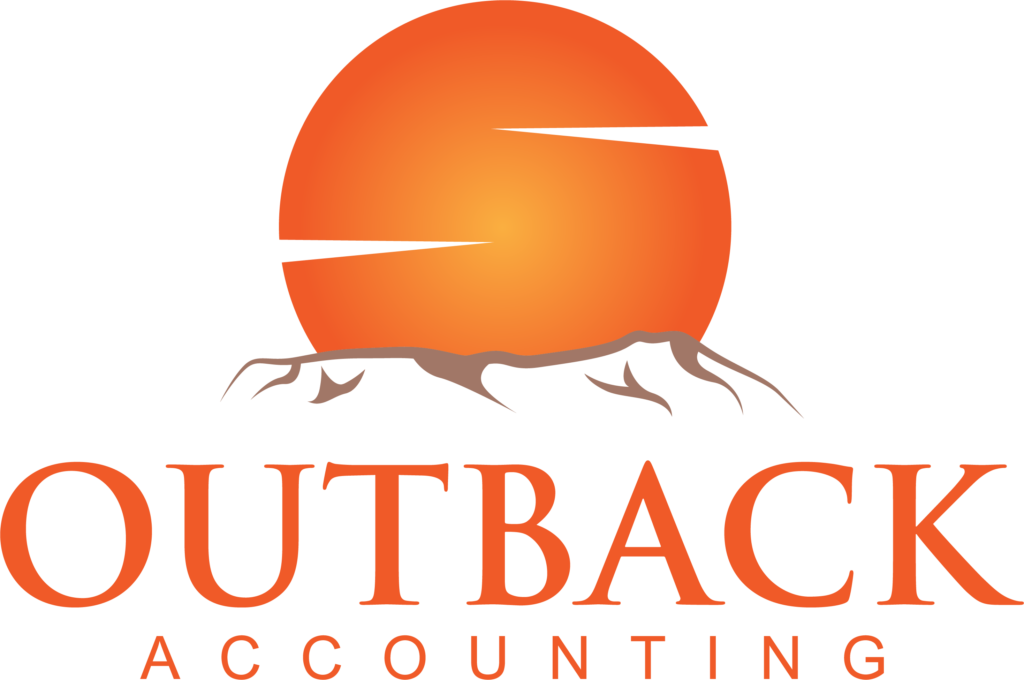Table of Contents
Are you facing tax return problems in Sydney and looking for a way forward to lodge your tax return? If yes, then you are at the right place. Like so many others, you may also feel confused about the tax return process. After all, going through old receipts, trying to understand complicated rules by the Australian Taxation Office (ATO), and worrying about missing money you’re owed can make anyone perplexed.
Here is some good news for you: you can easily lodge your tax return this year in the right way. Plus, you can get the best refund possible without stressing about anything. Want to know how? Keep reading this blog by Outback Accounting to confidently file your tax return in Sydney.
About Tax Returns
If you have earned income from 1st July to 30th June, you have to lodge an individual tax return to declare it to the ATO. With this information in hand, the ATO decides whether you have to pay more tax or are owed a refund.
To avoid any tax disagreement, you should report your investment income, like dividends, interests, and capital gains. According to ATO, there are 4.0 million tax return lodgements as of 31 July 2025, which is 3% less than the same time last year. Not lodging a tax return can result in penalties and increased tax liability.
Documents Required To Lodge a Tax Return
Before heading towards how to file a tax return, let’s take a quick look at gathering some important documents. ATO needs these documents and information from you to figure out your income, calculate deductions, and determine whether you are owed a refund or need to pay additional tax. Here are the required documents to start the lodgment process:
- Your details, like Tax File Number (TFN), bank account, and contact information.
- Income record, which involves STP lodgements, payment summaries or income statements, bank interest, dividends, and rental income.
- Dedication records like work-related, travel, home, office, and education expenses.
- Your private health insurance statement.
- Receipts for charity donation (in case of donation).
- Any other relevant documents, like managed fund statements and capital gains records.
Who Should Lodge an Individual Tax Return?
If you are a resident, you have to lodge a tax return if your earned income is above the tax-free threshold and you have multiple income sources, like employment, investments, and rental property. If you are a non-resident and earning Australian income, you still have to file a tax return.
Here is another thing to mention: if your income is under the tax-free threshold ($18,200) and you don’t have to lodge tax, you have to submit a Non-Lodgment Advice to the ATO. It acts as a notification to ATO that saves you from tax-related reminders or penalties.
3 Ways To Lodge an Individual Tax Return
Let’s come to the point: how to file taxes individually. Here are 3 ways to do so, described in detail. The deadline to lodge a tax return for the first 2 ways is before 31 October.
1. Free Online Lodgement Service
ATO facilitates Australians to file tax returns with ease through its free online lodgement service. Now you can easily prepare and lodge your own tax return file online. You can say this is the quickest, safest, and secure way to lodge your tax return, which is processed in just 2 weeks.
You can get access to this service by creating a myGov account and then linking it to the ATO. Without downloading any software, you can access myTax, which enables you to file taxes on your mobile, tablet, or computer. This way of filing taxes allows you to:
- Get pre-filled information by late July from your employers, banks, government agencies, health funds, and third parties.
- Securely run and protect your tax return information.
- Lodge anytime, anywhere you want.
- Get a lodgment receipt via email to verify your lodgment.
2. Paper Return Tax
This way of tax return lodgment allows you to file a tax return by filling in a paper form and sending it to the ATO by post. For this, you need:
- Individual tax return instructions.
- A printed copy of the Tax Return for Individuals form.
After that, you have to follow the instructions to complete your tax return. There is also a supplementary section for those who have business, capital gains, foreign, or rental income to lodge a tax return for individuals. Once you’re done filling in the required sections, you can post it to ATO. This process handles most refund issues within 50 business days.
3. Lodge With a Registered Tax Agent
If you don’t want to face the complexities of the lodging tax return process, you can get help from registered tax agents like those available at Outback Accounting. With a professional tax agent, you can lodge a tax return with fair service charges and comply with the ATO regulations effectively.
There are online and physical tax services available, yet they must be registered with the Tax Practitioners Board (TPB). Another major advantage of having a tax agent for filing tax returns is that the ATO allows them to lodge returns for their clients after the usual 31 October deadline. This due date also depends on your situation and when you engage with a tax agent.
Outback Accounting: The Hub Of Registered Tax Agents In Sydney!
At Outback Accounting, we can help you lodge your tax return in Sydney without the stress. That’s where our Tax Accountant Sydney step in with their years of experience in tax filing. Working in the field for over 10 years, we have a deep understanding of Australian tax laws and offer you accurate tax filing solutions.
So that you can avoid common tax return lodgement mistakes and maximise your refund legally. Don’t waste your time and contact us today to lodge your individual tax return now.
Frequently Asked Questions (FAQs)
1. What is income tax?
In Australia, the government imposes tax on individuals’ income or profits, which is known as income tax. Under the administration of ATO, this tax collection is used to fund various public goods and services that benefit the Australian community.
2. What happens once I lodge my tax return?
After lodging a tax return, the ATO sends you a Notice of Assessment (NoA). This is a statement that describes whether you’re due a refund or need to pay more tax to the ATO.
3. How do I lodge my Australian tax return from overseas?
For filing a tax return from overseas Australia, you need to link the ATO to your myGov account. You can access myGov account signing in options from overseas, and you must have an Australian bank account to get a refund. You can also engage a tax agent to lodge your tax return from overseas.
4. What if I make a mistake on my tax return?
If you have made a mistake, like an error when answering a question or forgot to mention capital gains or claim deductions, you can amend it online at the ATO website. You can also do amendments by taking help from a registered tax agent, sending the ATO a letter, or by submitting an amendment form. Yet, individuals have 2 years for amendments.










